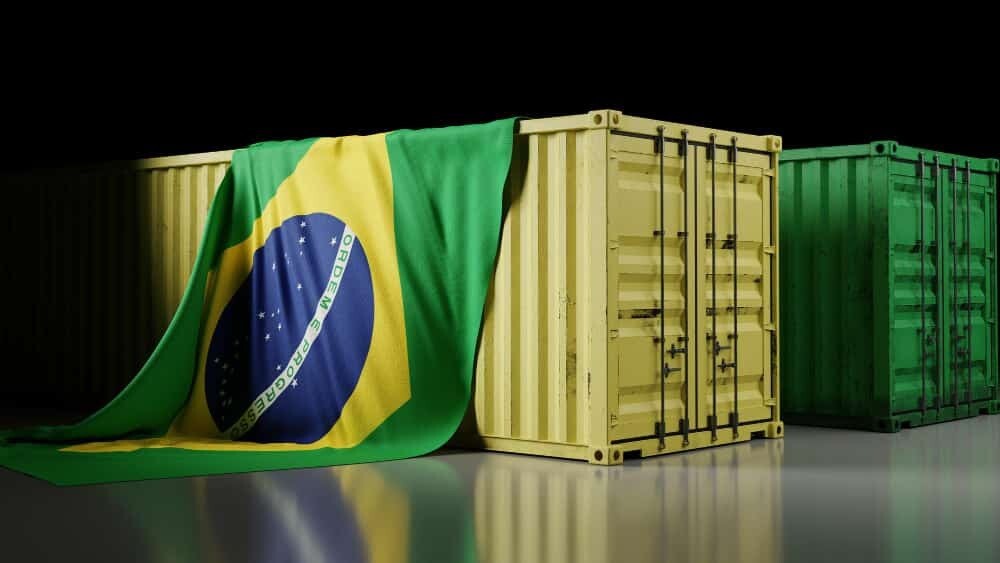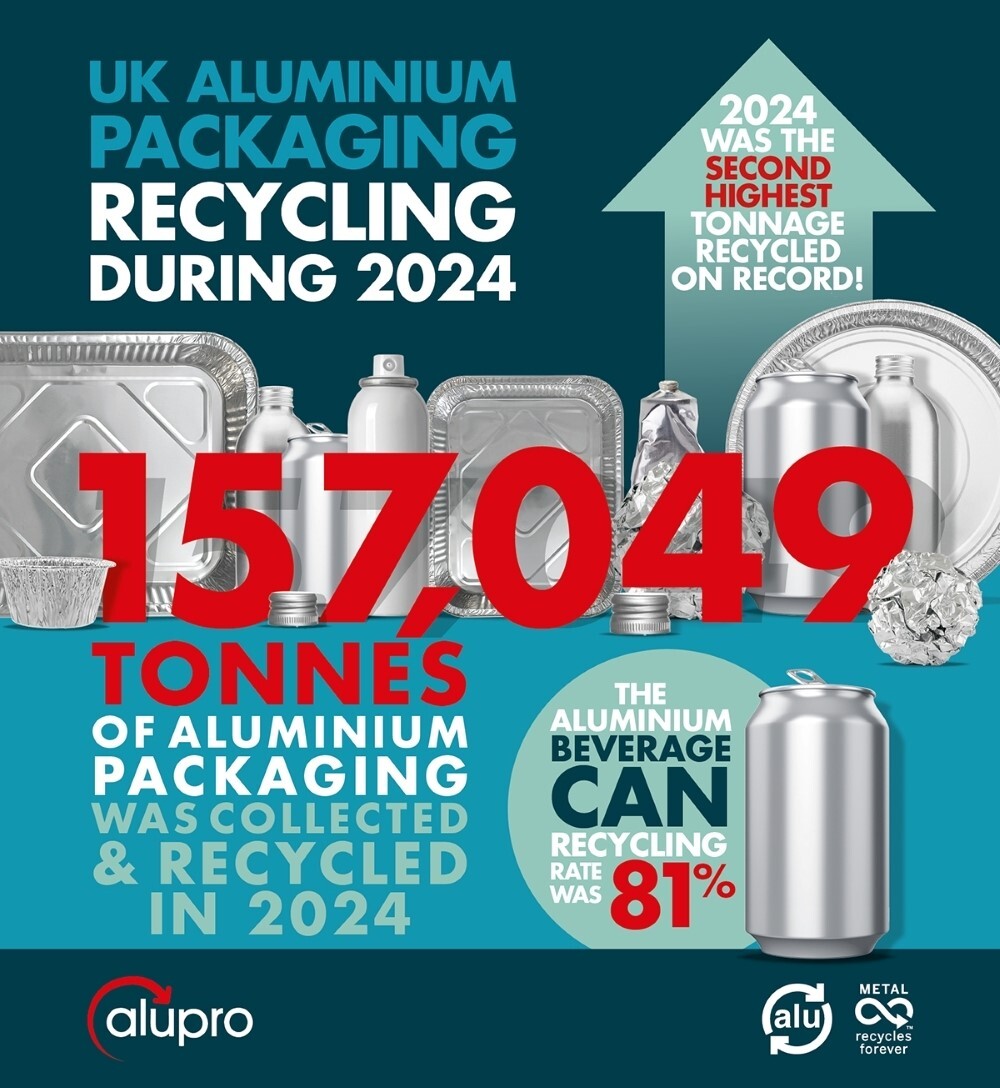The global manufacturing landscape is no stranger to economic tremors, but the recent doubling of US tariffs on aluminium and steel to a staggering 50% on June 4, 2025, has sent significant shockwaves, particularly through Brazil’s industrial sector. This aggressive move, initiated by the Trump administration, has ignited a fierce pushback from Brazilian manufacturers, who are now grappling with the very real threat to their industrial backbone and the survival of countless small and medium enterprises (SMEs).
Brazil’s economy, with a GDP of USD 5.48 trillion in 2024 (as per Purchasing Power Parity), is heavily reliant on its industrial output, with aluminium playing a notable role. In 2024, the aluminium sector contributed a substantial USD 6.76 billion to Brazil’s GDP, with projections indicating a rise to USD 10.5 billion by 2035, demonstrating a healthy CAGR of 4.08% within the Brazilian aluminium market. These figures underscore the vital contribution of these industries to the nation’s economic well-being.
The immediate and profound impact of these escalated tariffs is being felt most acutely by Brazil’s SMEs. These businesses, often the lifeblood of local economies and significant contributors to the overall industrial GDP, are finding themselves in an increasingly precarious position. Their export-oriented models, once a source of growth and stability, are now severely hampered by the added cost burden imposed by the tariffs. This directly translates to reduced competitiveness in the crucial US market, forcing many to consider drastic measures, including scaling back operations or, in the worst-case scenario, facing closure.
The circumstances driving Brazilian manufacturers to retaliate are clear: it’s a fight for economic survival. The 50% tariff acts as a formidable barrier, effectively pricing Brazilian products out of the US market for many. This not only threatens current revenue streams but also stifles future growth and investment within these key sectors. The long-term implications could be far-reaching, potentially leading to job losses, reduced industrial output, and a significant dent in Brazil’s overall economic trajectory.
As the situation unfolds, the resilience and adaptability of Brazilian manufacturers will be put to the ultimate test. Their pushback against these tariffs is not merely a political statement but a desperate plea for fair trade and a sustainable future for their industries and the livelihoods they support. The global community watches closely as Brazil battles to protect its industrial heritage and mitigate the profound economic consequences of these escalating trade tensions.
Source: PPP with additional information added by GlassBalkan






![Glassbel and HEGLA at the new Laserbird installation in Klaipėda. [Photo by HEGLA boraident]](https://glassbalkan.com/wp-content/uploads/2025/06/download.jfif-4-1-Edited.jpg)
